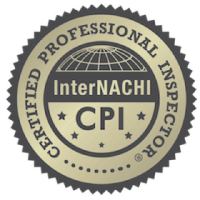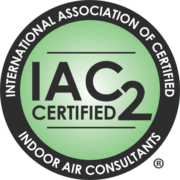The Importance of Regular Septic System Inspections
A thorough septic system inspection includes evaluating the tank, drain field, and other components to ensure everything functions correctly. Regular septic system testing can save homeowners from costly repairs by catching issues early, such as leaks, blockages, or damaged parts.
What to Expect During a Septic Tank Evaluation
During a septic tank evaluation, a trained inspector will conduct a comprehensive assessment of the tank’s condition and the surrounding area. This typically involves examining the tank’s structure, inspecting the inlet and outlet pipes, and checking for signs of wear and tear. We also test for leaks or blockages that could affect the overall system performance, providing you with a detailed report on the status of your septic system.
How to Prevent Damage to Your Septic System
Septic systems are complex pieces of equipment that require regular maintenance to work properly. Here are some tips to keep your septic system working well.
- Make sure there is enough space around your home to accommodate the tank.
- Keep grass trimmed away from the house. This keeps roots out of the tank area and prevents clogs.
- Avoid putting grease or oil down the drains. Grease and oil attract bacteria and can lead to blockages.
- Don’t use pesticides or herbicides near the septic system. These chemicals can enter the water supply and damage the environment.
- Check the pump regularly. A malfunctioning pump can cause sewage to back up into the house.
- Use the garbage disposal sparingly. Overloading the disposal can cause pipes to crack.
Signs You Need a Septic System Check
If you notice slow drains, foul odors, or unusually lush patches of grass near your septic area, it may be time for a septic system check. These are often early signs of an underlying issue that requires immediate attention. Scheduling a sceptic inspection can help prevent further damage and ensure your system operates efficiently.
Schedule Your Septic Inspection Today
Scheduling a septic tank inspection with True North Home Inspection is easy and convenient. If your Keene, NH, area home needs a septic tank inspection, contact us to schedule your evaluation. We proudly serve properties in Swanzey, NH; Rutland, VT; Manchester, NH; Keene, NH; Concord, NH; Middlebury, VT; Burlington, VT; and surrounding areas.




